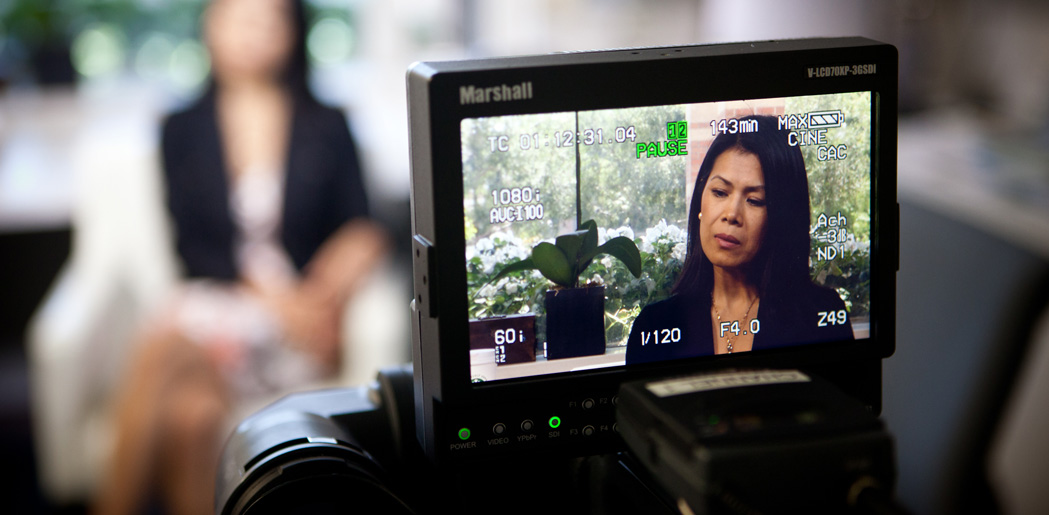2014 International Conference Panel Spotlight: The Dynamics of Oral History of War and Genocide: The Case of Indonesia

A different panel or roundtable at USC Shoah Foundation’s upcoming international conference, Memory, Media and Technology: Exploring the Trajectories of Schindler’s List, will be profiled each week.
The testimonies of Holocaust survivors were recorded for the Visual History Archive 50 years after the Holocaust took place, but testimonies of more recent genocides are increasingly being collected. The Dynamics of Oral History of War and Genocide panel will examine the challenges, implications and responsibilities that modern testimony collections have for communities that have experienced war and genocide.
The panel is moderated by Geoffrey Robinson, professor of history at UCLA. Robinson’s research focuses on early and modern southeast Asia, human rights in Asia and political violence and genocide – in particular the mass violence in East Timor and Indonesia.
Viola Lasmana, doctoral candidate in English at USC, will present on “Remixing Archives of Injustice and Genocide,” to examine how the digital reconfigures ways of mobilizing the archive and sharing archival materials with the community, so that the archive is always in a state of flux and transformation. She will discuss two alternative archive projects that are engaging with testimony in unique ways: the Indonesian Institute of Social History’s digital archive of survivor testimony and EngageMedia’s Video Slam project to remix Indonesia’s 1965 state propaganda film.
Amy Rothschild, doctoral candidate in anthropology at UC San Diego, will examine the “Santa Cruz Massacre” of East Timor in 1991 as a case study of how resistance movements use and produce media images of violence to encourage global activism on behalf of their causes, and the impact of these images on post-conflict memory.
Finally, Stef Scagliola, professor of history at Erasmus University Rotterdam, will discuss video and oral history projects in the former Yugoslavia called Croatian Memories and Bosnian Memories. These innovative projects, which are currently being developed by The Erasmus Studio and Documenta, demonstrate many of the issues and challenges that come into play when oral histories are collected and made accessible to scholars and the public.
Like this article? Get our e-newsletter.
Be the first to learn about new articles and personal stories like the one you've just read.